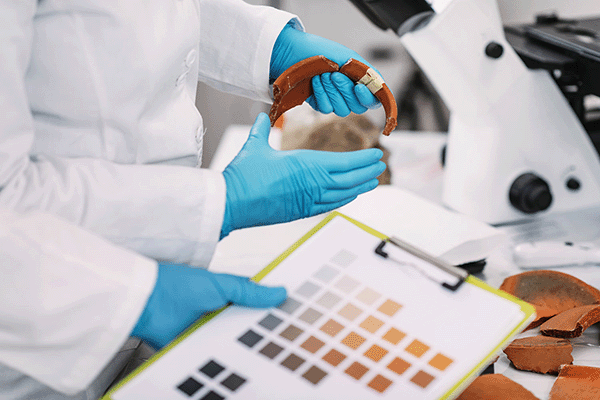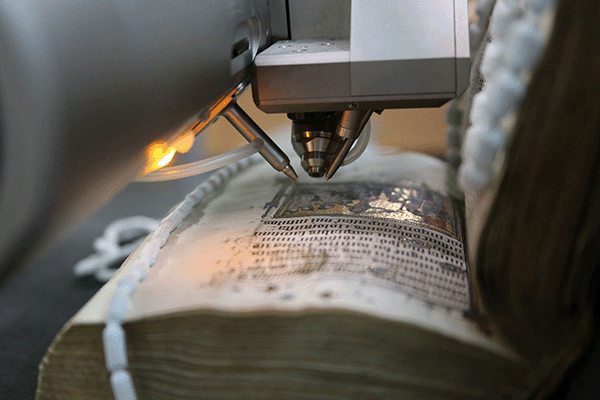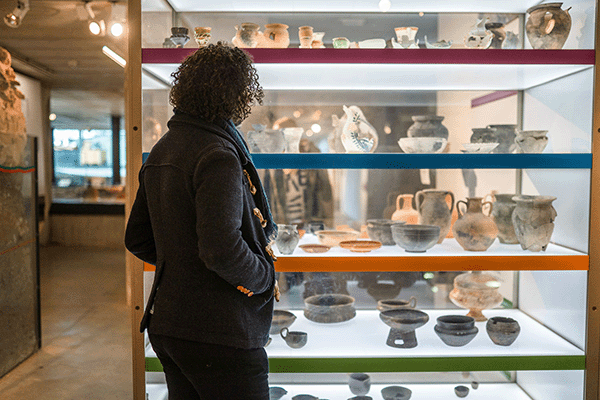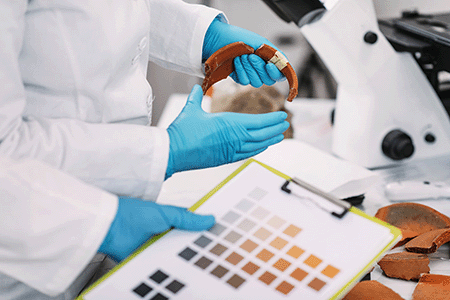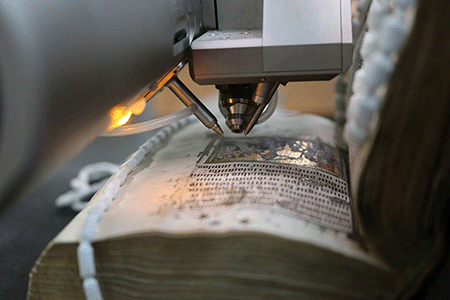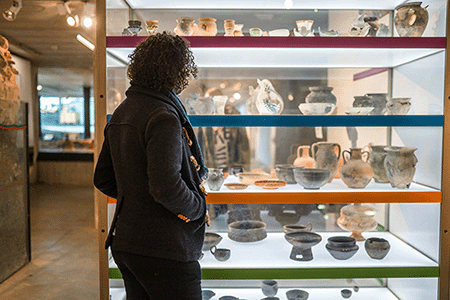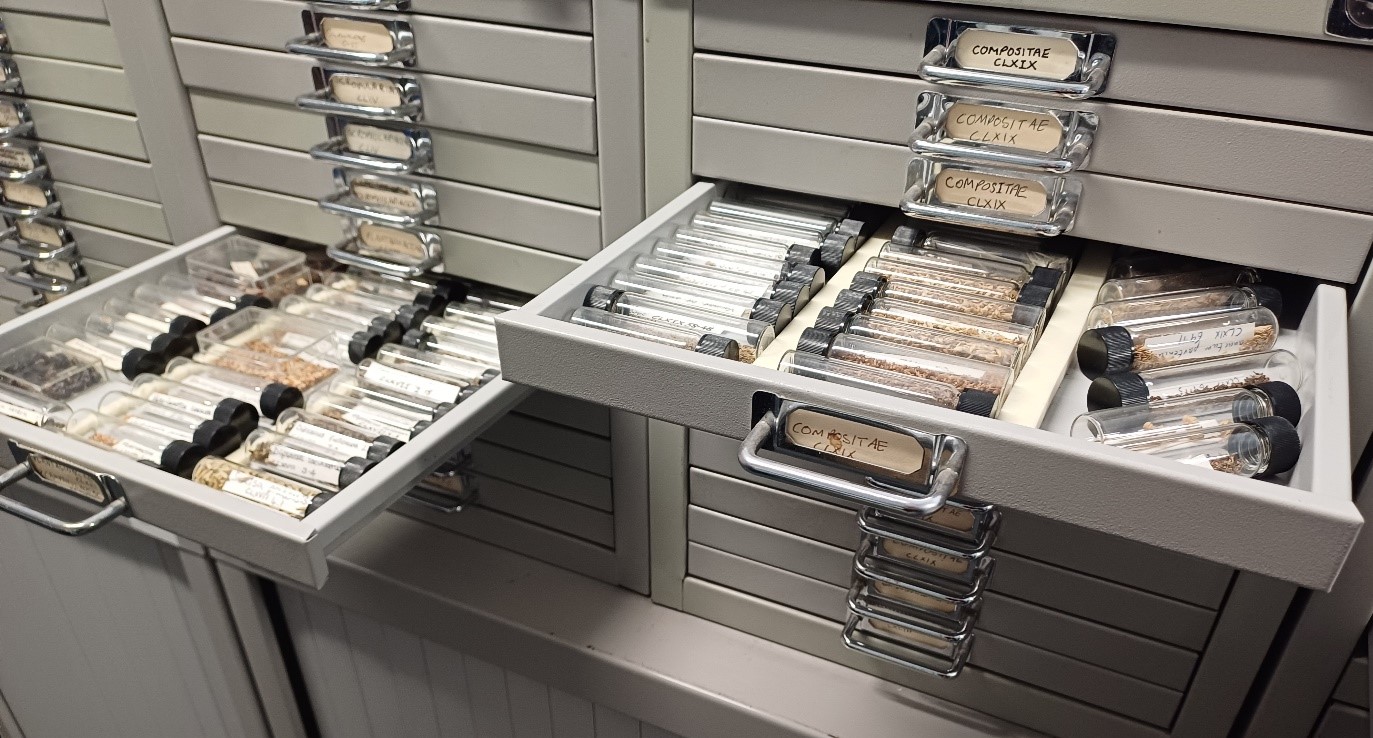The RICHeS team recently visited the University of Sheffield to meet with Professor Umberto Albarella, a leading expert in zooarchaeology and project lead for the RICHES’ funded project University of Sheffield Bioarchaeology Collections (SHEFF BIOARCH) and his team. The university has a longstanding tradition of excellence in bioarchaeology, supported by extensive reference collections. Specialising in the study of plant and animal remains from archaeological sites, its laboratories have been at the forefront of global archaeological research for over 50 years. Following the unfortunate closure of the Department of Archaeology at the university, integrating these resources into the new RICHeS programme presents an opportunity to develop innovative resources and initiatives.
First impressions: A hub of discovery
The SHEFF BIOARCH team is undergoing a significant transformation, reshaping how collections are stored, studied and shared. From hiring skilled technicians to acquiring new equipment and preparing new infrastructure, the initiative is ensuring a future that is both innovative and accessible.
During the visit, the RICHeS team explored the Zooarchaeology Laboratory, where they had the opportunity to examine an impressive range of specimens, including a wide variety of species from horses and cattle, to reptiles and fish. The collection is extensive, forming a crucial part of UK research into the understanding of the history of the human-animal relationship in Britain. The team has been meticulous in creating an accessible research space, ensuring that all materials are housed and stored correctly.
This RICHeS-funded project will result in expanded storage facilities and enhanced laboratory spaces for research and teaching. Additionally, ethically sourced new specimens will be added to the collection, broadening its research possibilities.
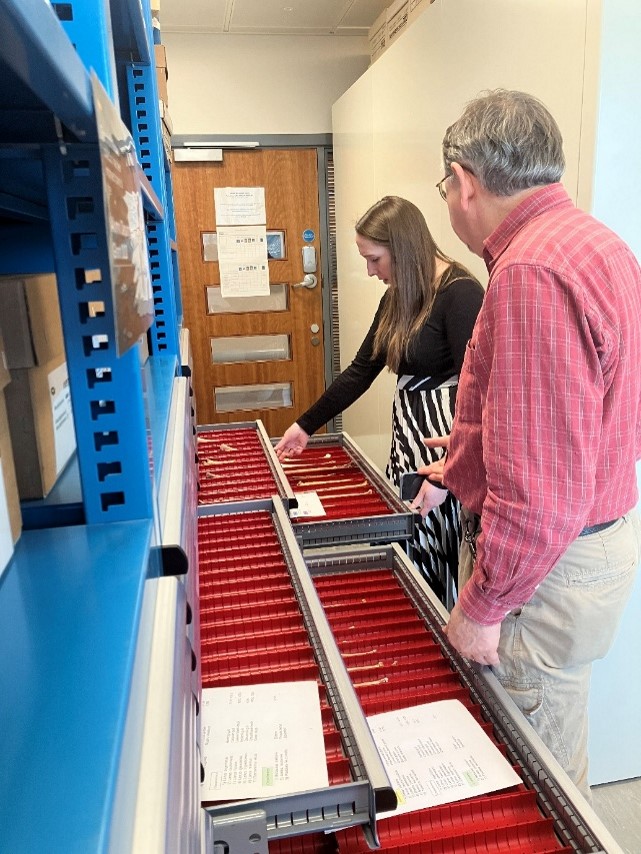
The RICHeS team then explored the Archaeobotany Laboratory that houses a remarkable collection of plant seeds and other botanical specimens The team explored the existing collections and engaged in discussions about improving cataloguing and storage methods to enhance accessibility.
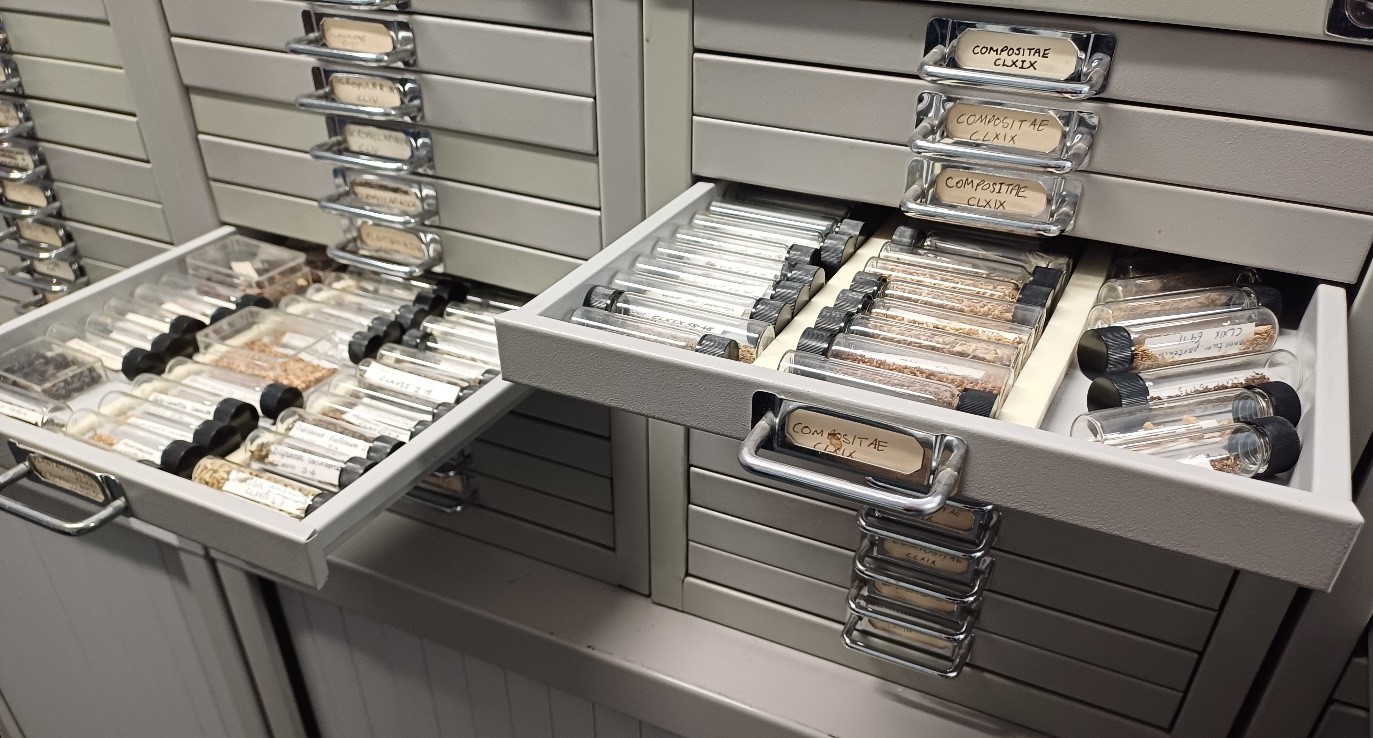
The RICHeS’ funded SHEFF BIOARCH project will result in new infrastructure for bioarchaeology research. This initiative will provide additional storage for collections and state-of-the-art research equipment. By ensuring these collections are accessible to the broader heritage science community, the initiative will enhance research capabilities and foster collaboration. Ultimately, it will create an enriched research environment that supports the continued development of bioarchaeology.
Building connections: A bioarchaeology powerhouse
The restructuring of archaeology within the university has placed the discipline within the School of Biosciences, aligning the project with cutting-edge research in biological sciences.
One of the most exciting aspects of SHEFF BIOARCH is its collaborative nature. The project is partnered with Fort Cumberland Laboratories (Historic England) and the University of Aberdeen’s Archaeology Department creating a powerhouse of expertise. This collaboration will create a network of hubs, ensuring heritage science collections, equipment, expertise and resources are accessible throughout the UK.
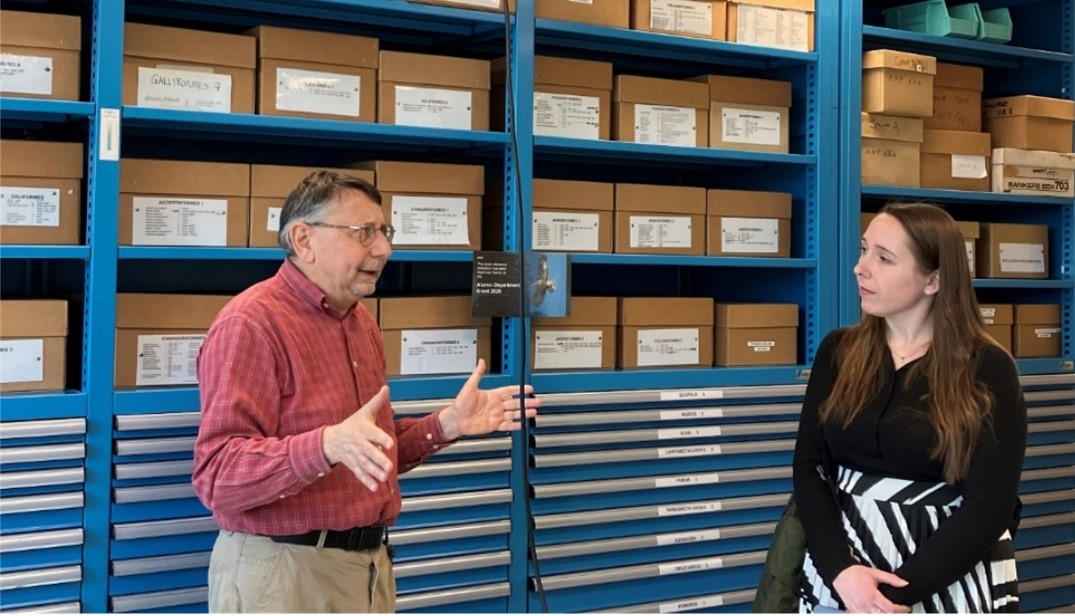
What’s Next?
The journey is far from over, with the development of new storage facilities and the continuous growth of the specimen collection are propelling SHEFF BIOARCH towards enhancing its role as one of the UK’s premier centres for bioarchaeological research. Beyond academia, SHEFF BIOARCH is committed to public engagement. Through open lab days, workshops, short courses and conferences, the initiative is ensuring its resources are accessible not only to students and researchers but also to the wider community, fostering a broader appreciation for bioarchaeology.
This visit provided not only a deep understanding of the project’s current progress but also a compelling glimpse into its future. Witnessing the real-world impact of RICHeS’ investment in enabling cutting-edge research, fostering collaboration and broadening access to heritage science.
Professor Umberto Albarella shares:
“It was an immense pleasure to host a visit by Dr Carla Burrell, representing the RICHeS team, here at the University of Sheffield. For several decades we have been at the forefront of archaeobotany and zooarchaeology research, teaching and outreach, and we are delighted to consolidate our role thanks to the support provided by RICHeS and our collaboration with Historic England and the University of Aberdeen. In our current digital era, in-person visits remain an invaluable tool to develop professional relationships and demonstrate the irreplaceable value of material-based collections. We are therefore grateful to Carla and other RICHeS colleagues for making the effort to understand the value of our facilities through direct observation. The current crisis in higher education in Britain, and the vandalic dismantling of the Department of Archaeology at the University of Sheffield, makes the creation of the RICHeS network even more critical and our mutual support and cooperation invaluable”

